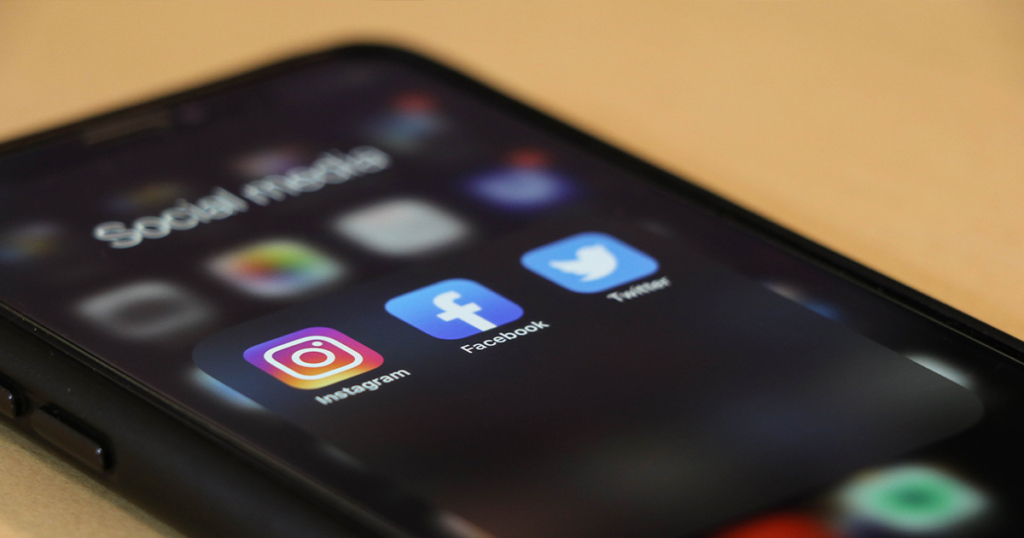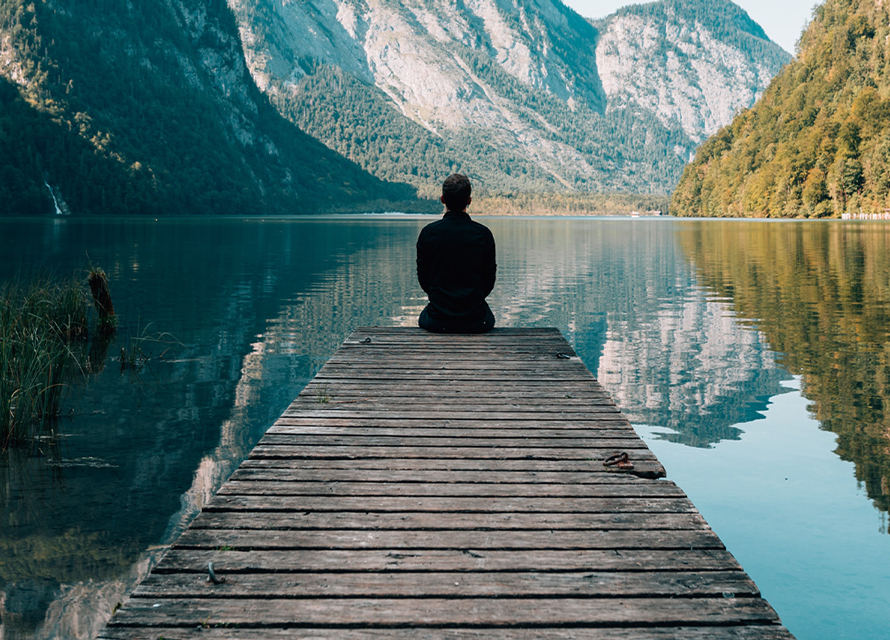
We all use social media. Some of us use it for business, while others love using it personally. But here’s the thing about it, there’s no black and white when it comes to social media.
Yes, your Instagram, Facebook, Snapchat, and others can be helpful. They help you connect with people that are on the same wavelength as you. It’s possible to befriend new people on the Internet. But it’s also about how you are interacting with people online that comes into play.
And your purpose of use may not matter. It could be personal, professional, or even both. Regardless, there are positive and negative effects of social media that may not be instantly recognizable. But you may begin to notice your self-esteem going downhill over the course of time.
What is self-esteem?
Self-esteem is the way you view yourself. It’s about whether you take yourself the way you are or not. This means that you accept yourself as you are and you don’t budge your values for anyone else.
Another thing, It’s quite different from self-confidence. Although the two are similar in some ways, they stand for different things. Your self-esteem is the way you interact with yourself and a general sense of self. On the other hand, self-confidence is the belief in your own abilities.
With that said, here are 3 major side effects of social media on self-esteem you should know.
- Unrealistic body image
So you open your social media accounts everyday. The next thing you see are endless pictures coming up in your feed. You may think to yourself, “She looks so beautiful. I wish I had a body with those curves.”
First things first, you need to be comfortable in your own skin. Secondly, remember that everything you see online has been passed through a filter. Not necessarily literally, but the content is almost always cherry picked and curated.
So before comparing your body to that of a stranger online, pause. Think about everything that you don’t get to see about them. But don’t obsess over it, as that could turn into the fear of missing out.
- Comparing yourself to others
The comparison doesn’t stop at the body, does it? There are many other moments people put up on social media. So if someone is having a great time in Hawaii and they put up fancy pictures of themselves against beautiful backdrops, you may want to do the same.
Comparing yourself to people on social media may sound like:
• I wish I had a car like that.
• Wow, they’re on vacation. Why is my life so boring?
• Oh wow, she is so talented. I can’t even get anything right.
Comparing yourself to others makes you miss out on the good things in your life. So just because you don’t make a nice painting, doesn’t mean you’re useless.
Social media can make us end up comparing apples to oranges. Everybody is unique in their own way. We all have.
- Constant urge for people pleasing
Are you sure you’re not changing your personality to fit in on social media? Being authentic is the best trait to adopt in a world that wants you to blend in.
Say you come across someone with many followers on social media. Whether they’re a celebrity or not, they influence you with their posts. So if you see them using a certain sunscreen, you might feel pressured to use the same.
It’s all about people pleasing and trying to fit in. Remember that it’s okay to be influenced by someone or something. However, it’s one thing to be inspired and another to feel pressured.
Conclusion
So it all comes down to the way you use social media. It has the power to build or collapse your self-esteem. However, if you have self-awareness and a power over your thoughts and values. Sometimes, without you even knowing it. Note that not everyone experiences the negative effects of social media.
Do you think you struggle with low self-esteem issues? If yes, I’d love to help you out. I’m Amy de Jesús and I could help you bring out your true, best self! Let’s get in touch and together, let’s say goodbye to all your worries and fears.


